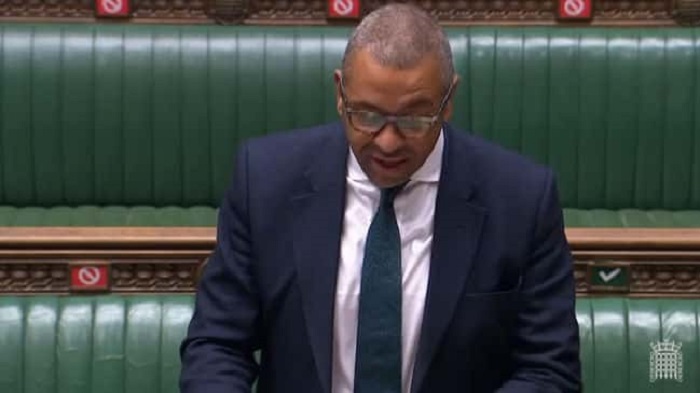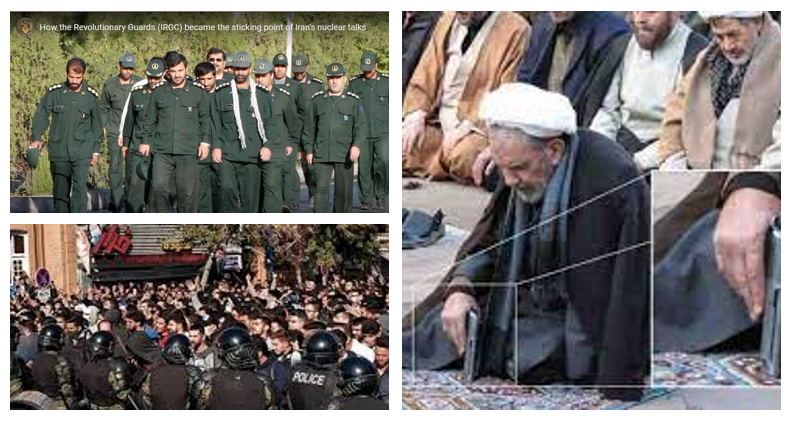
Several MPs, including Nicola Richards, expressed concerns about human rights violations in Iran, specifically highlighting the devastating role played by the Iranian regime’s Revolutionary Guards (IRGC).
Cleverly acknowledged the seriousness of the human rights issues in Iran, stating that the UK raises violations at all appropriate opportunities, as well as via their embassy and directly with Iranians in London.
He noted that the UK has recently announced more than 70 new sanctions in response to the Iranian regime’s crackdown on protests. The UK continues to work with its partners to hold Iran accountable at the UN Human Rights Council and the General Assembly. Cleverly also mentioned that the IRGC is sanctioned in its entirety, along with certain individuals within its leadership.
Cross-party MPs increasing demand for the UK Gov't to proscribe the IRGC referring to the criminal IRGC's role in exporting regime's terrorism & violent crackdown on the nationwide uprising.#IranRevolution#مرگ_بر_ستمگر_چه_شاه_باشه_چه_رهبر
https://t.co/XG3KeAxYoz— Dowlat Nowrouzi (@DowlatNowrouzi) February 1, 2023
During the debate, Nicola Richards raised concerns about the IRGC’s responsibility for human rights abuses and cited some of the regime’s most recent crimes, including reports of 582 executions last year and chemical attacks against 90 girls’ schools in recent months. Richards urged the Foreign Secretary to acknowledge the sense of urgency that many parliamentarians have about proscribing the IRGC, a move that could improve and protect lives in both Iran and Britain.
Cleverly acknowledged the concerns raised by Richards and reiterated the UK’s commitment to improving Iran’s human rights record. He stated that any decision to proscribe the IRGC would be cross-governmental and that the UK would always take action in the best interests of the safety of British nationals at home and abroad. The UK’s wider objective is to pressure Iran to improve its human rights record.

This policy has only served to bolster the IRGC’s power and influence, allowing this terrorist entity to control Iran’s economy and utilize its national wealth to spread terror abroad and suppress the Iranian people inside the country.
As the international community continues to scrutinize Iran’s human rights situation, it remains crucial for countries like the UK to hold the Iranian regime accountable for its actions. By imposing sanctions and considering the blacklisting of the IRGC, the UK and its European partners demonstrate a commitment to improving the lives of Iranians both at home and abroad, while also ensuring the safety and security of their own citizens.
 MEK Iran (follow us on Twitter and Facebook), Maryam Rajavi’s on her site, Twitter & Facebook, NCRI (Twitter & Facebook), and People’s Mojahedin Organization of Iran – MEK IRAN – YouTu
MEK Iran (follow us on Twitter and Facebook), Maryam Rajavi’s on her site, Twitter & Facebook, NCRI (Twitter & Facebook), and People’s Mojahedin Organization of Iran – MEK IRAN – YouTu







